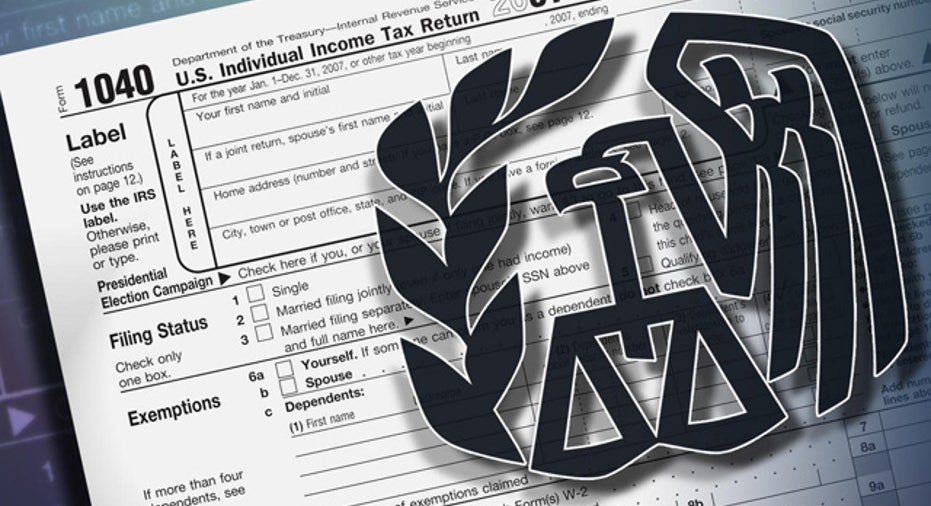Tax Tips for the Sandwich Generation

When Barbara McCabe's 28-year-old daughter and two grandchildren were evicted from their home two weeks before Christmas 2008, she emptied her 401(k) account to buy them a house in Beacon, New York, near her home in Bedford Hills.
"It needed a new roof, and there were no kitchen appliances, but it was like divine intervention that I got a mortgage and a $50,000 loan to fix it up," says McCabe, a 61-year-old paralegal. "I was so bowled over at the closing, I went right into the hospital with asthma!"
In Coral Gables, Florida, Martina Schramm and her husband spent their savings on her father's medical care. After he died, they bought a bigger house so her mother could move in with them. "It's $1,100 more a month, but we needed a bedroom and bathroom on the first floor for her," says Schramm, a 61-year-old marketing consultant. She worries about how they'll manage in two years with two sons in college. "I'm sure there are a lot of the same stories out there," she adds.
Indeed, there are. In this tough economy, it's not unusual to find baby boomers who are also part of the sandwich generation -- squeezed from both sides. About 30% now contribute financially to their parents' care, according to the Pew Research Center. An even larger percentage provide financial support to adult children.
Yet millions of taxpayers overlook potential tax deductions for helping family members, says Mark Steber, chief tax officer at Jackson Hewitt Tax Services.
Your children are your dependents if they were under 19 at the end of 2011 or if they were full-time students and no older than 24. They must have lived with you for more than half the year and provided no more than 50% of their own support. For example, if you, your ex-husband, and your 23-year-old daughter each paid one-third of her expenses, and she meets the other requirements, she's your dependent or you ex-husband's.
A child older than 24 (or a parent) is your dependent even if she doesn't live with you, as long as you provided more than half of her support. She also must not file a joint return with anyone else except to claim a refund, must be a U.S. citizen or resident alien and have a 2011 gross income that doesn't exceed $3,700.
The credit will offset up to $2,000 of her college or graduate school expenses, even if you aren't paying them, says Bob Scharin, a Thomson Reuters tax analyst. "Payments by the dependent child or by a third party, like grandparents, would be treated as having been made by the parents," he says.
"Make sure your children sign a note for the loan and have the mortgage recorded so there's a lien on the house," says Lindbloom. "They can't claim a home mortgage interest deduction unless the loan is secured by the property."
If you and your siblings share that cost, and you each provide more than 10% of her support, you can take turns claiming her as a dependent by filing a form called a Multiple Support Declaration with the IRS. Many families assign mom to the sibling with the highest tax rate or the one who pays the most.
Even if mom's income is too high for you to claim her as a dependent, you can deduct her medical expenses if you paid more than half of her support, and she's a U.S. citizen or resident alien. If you pay for her care in an assisted living residence, her room and board may also be deductible, if her living there is deemed medically necessary. Ask the facility how much of its monthly cost is attributable to deductible medical expenses.
These tax breaks don't cover the true cost of mom's assisted living residence, or of keeping your 20-something child in cell minutes and health insurance, but they help a little. And if you're a hard-pressed baby boomer, you need all the help you can get. (Editing by Jilian Mincer and Linda Stern.)



















